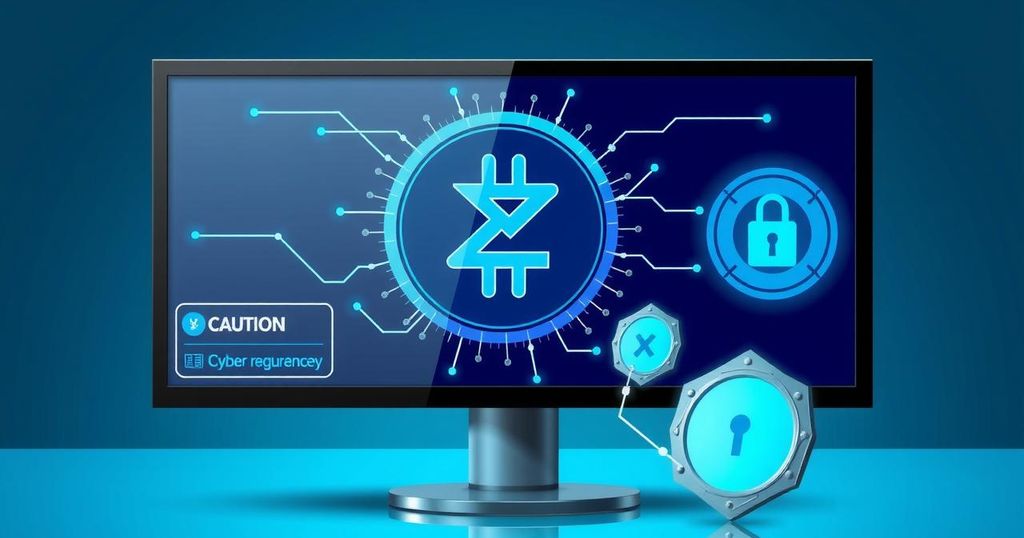Minister’s Social Media Hacked to Promote Fake Cryptocurrency
Lucy Powell’s social media was hacked to promote a fake cryptocurrency, misleadingly branded as the “House of Commons Coin.” The incident highlights the escalating risks of cryptocurrency scams, especially involving public figures. Action Fraud reported a significant rise in hacked accounts and the importance of secure password practices amidst such threats.
Lucy Powell, a Labour MP and leader of the House of Commons, recently suffered a serious security breach when hackers gained access to her social media account. The hackers used her profile to advertise a counterfeit cryptocurrency branded as the “House of Commons Coin,” which falsely claims to be approved by the House of Commons.
The fraudulent posts featured the House of Commons logo and declared that the crypto coin was “now live,” promoting it as a “community-driven digital currency” aimed at empowering individuals on the blockchain. Despite the rapid removal of these posts, this incident underscores the growing prevalence of cryptocurrency scams targeting unsuspecting victims.
Powell’s team acted promptly to secure her account after the incident but did not provide additional comments on the matter. Notably, this attack is not isolated; previous scams have involved deepfake videos of notable public figures to lure in potential investors.
Victims who interacted with the link from Powell’s profile were directed to a website prompting them to connect and fund their cryptocurrency wallets, facilitating potential financial losses.
The increase in such incidents is reflected in data from Action Fraud, revealing that 35,434 cases of hacked social media and email accounts were reported last year, marking a spike from 22,530 in 2023. The organisation indicates that compromised accounts are frequently exploited for monetary gain, including scams related to investments and event tickets. Additionally, security vulnerabilities arise when users share passwords across multiple websites, making them susceptible to hacking following data breaches.
Criminals often rely on phishing techniques or password leaks to gain unauthorized access, further stressing the importance of maintaining robust security practices for online accounts.




Post Comment